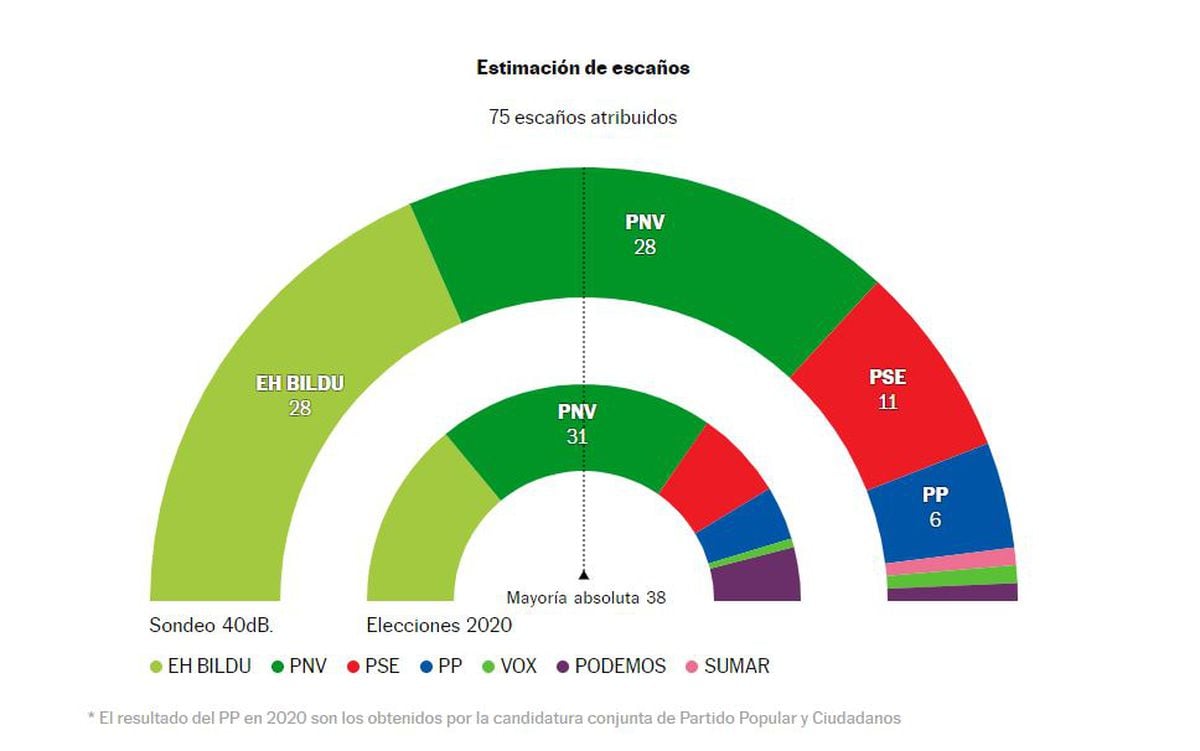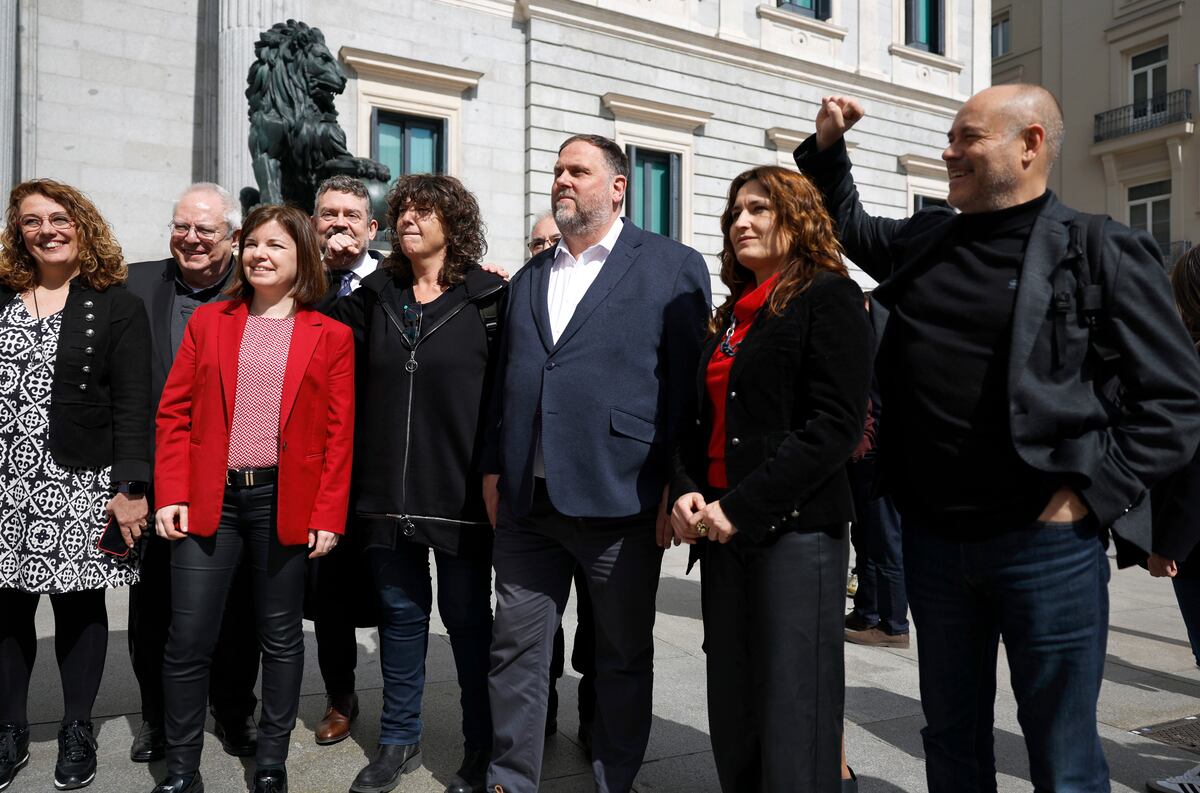The ministers José Luis Ábalos and Irene Montero and the second vice president Pablo Iglesias, in an image of last October 12.POOL EFE / GTRES
The draft of the future housing law will not reach the Council of Ministers this month.
The two partners of the Government - led in the negotiation by the Minister of Transport, José Luis Ábalos, of the PSOE, and by Vice President Pablo Iglesias, of United We Can - agree that it is not possible to give the green light to the text to send it to Congress, as they proposed.
Important pitfalls remain on the table and, above all, the hot potato of rent price regulation, where the shock is evident.
We can propose a mandatory freeze or lower rents and the PSOE opts for tax incentives for lessors.
"It is evident that it will not be there, we have to give ourselves enough time," commented on Friday a source from the Ministry of Transport, Mobility and Urban Agenda about the possibility that the draft reaches the last Council of Ministers of the month, in three days.
"On Tuesday I see it impossible," agreed another source familiar with the negotiations, who indicated that this is precisely the day on which the next meeting of Transport and the Vice Presidency is expected.
On Thursday, the day of the last meeting between both parties (Transport has unloaded the weight of the negotiations on the Secretary General for Urban Agenda and Housing, David Lucas; and the Second Vice Presidency on the Secretary of State for Agenda 2020, Ione Belarra) jumped sparks through cross statements.
In Unidos Podemos it was said that "the Ábalos team has not yet specified in writing what its position is on the key issues" and that "the PSOE continues without a proposal regarding evictions, price control and large landowners."
In Transport, they responded that they are looking for "an agreement with all social sectors" and a law "to avoid sectarianism."
A tension not seen even in the recent Catalan campaign.
Future housing law: social organizations and unions demand the regulation of rent prices
Since Podemos aired "substantial discrepancies" at the beginning of the month, they have evolved little.
The regulation of rental income seems the main one.
"We are going to establish mechanisms so that there are no speculative movements, but now prices are falling," indicated the source of Transport.
“We are more in favor of incentive mechanisms and the fiscal route can be one.
Now there is [in personal income tax] a 60% linear reduction to all landlords: we are going to see if it is possible to modulate and establish improvements to those who rent at affordable prices ”.
This confirms that the preferred formula in the Ministry to regulate the issue is to benefit lessors who rent below market in the income statement.
However, in Transport they insist that there are other ways out of the future law, such as agreements with large owners or the expansion of the endowment of the Housing Plan for Affordable Rentals that Pedro Sánchez announced on Wednesday, to lower rents.
"We do not believe that it is good that the law only requires and sanctions," they add.
Freeze or lower
Podemos' proposal is that, based on the price indexes, communities and municipalities can declare areas of stressed market.
“If a property is below the benchmark indices it could not go up, it would stay the same;
and if it is above it, it would have to go down to the limit of the index ”, describes a training source who knows the content of his proposal.
Anything that does not come close to this approach seems destined to run into the refusal of Pablo Iglesias' party, where they have also reiterated in recent weeks that setting price limits has been agreed twice.
The last time was last October, when Podemos pressed to include some measure on leasing in the Budgets.
It did not succeed, but a pact was signed that transferred the issue to a housing law that had to reach the Council "within a maximum period of three months," which was fulfilled in January.
The text spoke of "containment mechanisms, or eventually lowering of prices", a generic statement where many formulas would fit, and specified a second assumption to contain "unjustified increases in new leases, taking as a reference the price of the lease contract previous".
In the department headed by the socialist Ábalos (the old Development, with state powers in Housing), they see the delay justified because the regulation “is complex, it will be the first state housing law of democracy, and it needs time to have a good legislative text ”.
That source downplays the tension in the government.
He says that the last meeting "was not bad" and sees scope to find "meeting points."
Large landlords and other hot spots of the norm
"Such an important law cannot be limited to certain specific aspects because it will contain many things that must be highlighted," assures the source consulted from the Ministry of Transport, from which a certain discomfort is inferred that the public debate is be focusing on a few issues.
These, in addition to price control, are the definition of large holders or whether to force them to give up part of their apartments for social rent, two of the proposals launched by Podemos.
The future norm will speak “of how to involve all the actors in the fulfillment of the social function of housing”, adds the source from the Ábalos department, which emphasizes that “the objective is the same” for both partners of the Government and “ what differs are the instruments ”that you want to use.
Transport aims at contacts with large landowners (this week an expansion of the contributions from Sareb and the banks to the social housing stock exchanges was announced) to achieve more flats for vulnerable groups and indicates a commitment to "understanding with the sector."
However, both real estate sources and social entities express discomfort because they feel outside the process and ignore the proposals that are debated since the procedure exceeded the public consultation phase, in which meetings were called with these groups.

/cloudfront-eu-central-1.images.arcpublishing.com/prisa/AL7QZPWTVFFPVP2MKLOO5CJWK4.JPG)




/cloudfront-eu-central-1.images.arcpublishing.com/prisa/DGFRWRXKW5ELHDKMP2CO3P2VOI.jpg)








